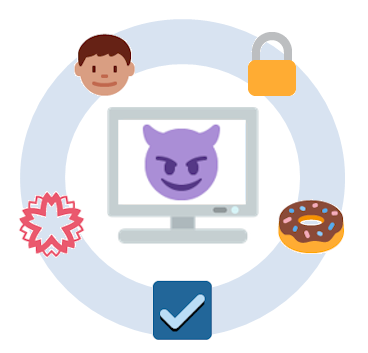Dark Patterns Powered by Machine Learning: The Role of Behavioral Science Ethics
Dark patterns, the “sludges” of the digital world, aim to distort consumers’ decision-making process. Dark patterns powered by machine learning represent an even higher threat, in that they don’t just trick users to do something, but alter human behavior in a durable, undetectable, and indefensible way. This article examines the main issues linked to machine learning powered dark patterns and seeks to outline possible solutions.






